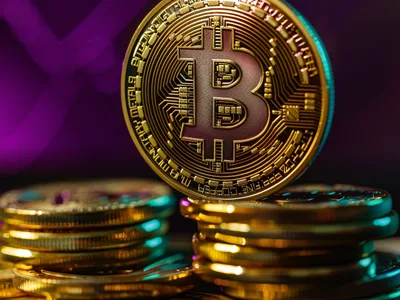Telegram banned thousands of accounts tied to the network, forcing it to shut down
Telegram has shut down a massive Chinese-language darknet marketplace that had become a central hub for crypto-based criminal activity. Known as Haowang Guarantee—formerly Huione Guarantee—the platform announced it was closing its operations after Telegram banned thousands of accounts tied to the network on May 13.
The messaging platform confirmed the removal of numerous communities that had been reported for enabling scams and money laundering. Telegram stated that any content linked to illegal activity is removed once discovered, reinforcing its stance against using its service for criminal purposes.
Haowang Guarantee was considered the largest darknet marketplace on the internet. According to blockchain security firm Elliptic, it had facilitated around $27 billion in crypto transactions, largely using the Tether stablecoin. Services offered included tools and infrastructure for online scams, such as deepfake software, fake IDs, personal data, and even equipment used in call center fraud rings across Southeast Asia.
Beyond Haowang, Elliptic found that the broader Huione Group of companies, which the marketplace was linked to, processed over $98 billion in crypto dealings. This discovery points to the scale of underground financial networks powered by digital currencies, particularly in China.
Earlier this month, the US Treasury’s Financial Crimes Enforcement Network labeled the marketplace a money laundering operation. It also moved to sever any connection the platform had to the American financial system.
Despite the shutdown, investigators have flagged another growing darknet market called Xinbi Guarantee. Also operating via Telegram, this platform has already seen over $8 billion in transactions, although researchers believe the real number could be much higher.
The rise of such platforms highlights how stablecoins and crypto technology are being used to create a shadow financial network. While Telegram’s action marks a major disruption, experts warn that similar networks continue to grow and adapt.

